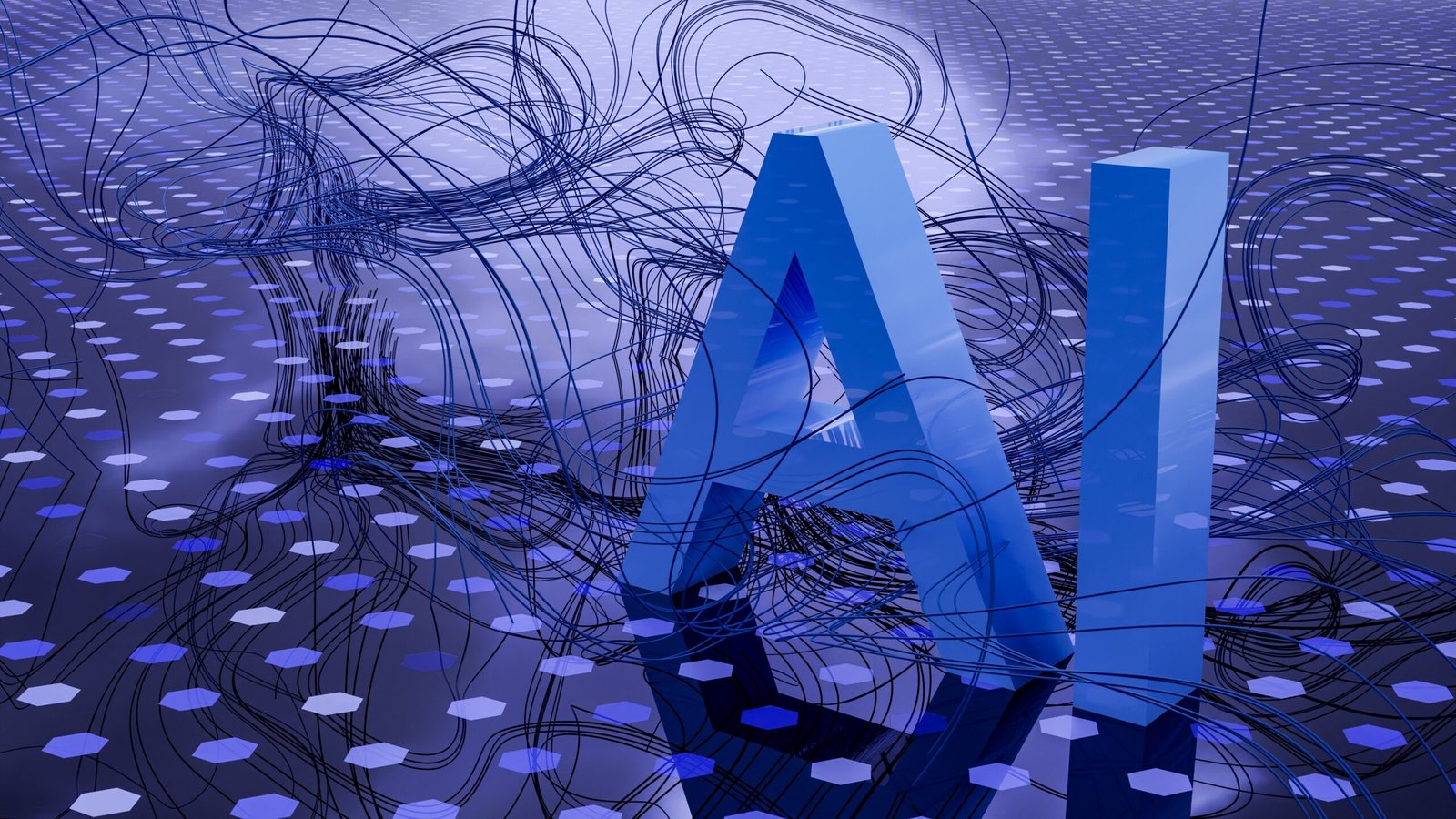Introduction
Customer service is a crucial aspect of any business. It can make or break a company’s reputation and customer satisfaction. In recent years, there has been a significant shift in the way customer service is delivered, thanks to the advancements in artificial intelligence (AI). Chatbots and virtual assistants have emerged as game-changers in the customer service industry, revolutionizing the way businesses interact with their customers.
The Rise of Chatbots
Chatbots are computer programs designed to simulate human conversation. They use natural language processing (NLP) algorithms to understand and respond to customer queries. These virtual agents are available 24/7 and can handle multiple customer interactions simultaneously, providing quick and efficient support.
One of the key advantages of using chatbots is their ability to provide instant responses. Customers no longer have to wait in long queues or be put on hold. Chatbots can provide immediate assistance, resolving simple queries and directing more complex issues to human agents.
Enhancing Customer Experience
AI-powered chatbots and virtual assistants have greatly improved the overall customer experience. They can personalize interactions based on customer data and preferences, making customers feel valued and understood. By analyzing past interactions and purchase history, chatbots can offer tailored product recommendations and promotions, increasing customer satisfaction and loyalty.
Moreover, chatbots can handle repetitive and mundane tasks, freeing up human agents to focus on more complex and high-value customer issues. This not only improves efficiency but also reduces costs for businesses. With chatbots handling routine tasks, human agents can dedicate their time to solving intricate problems, leading to faster resolution times and happier customers.
Challenges and Limitations
While chatbots have proven to be immensely beneficial, they do come with some challenges and limitations. One major challenge is the inability to handle complex emotional interactions. Chatbots lack empathy and emotional intelligence, which can be crucial in certain customer service scenarios. Human agents are still needed to handle sensitive and emotional customer issues that require a human touch.
Another limitation is the language barrier. Chatbots may struggle to understand regional accents, slang, or complex sentence structures. This can lead to misinterpretation and incorrect responses. However, with advancements in AI, chatbots are continuously learning and improving their language processing capabilities, minimizing these limitations.
The Future of AI in Customer Service
The future of AI in customer service looks promising. As technology continues to advance, chatbots and virtual assistants will become even more sophisticated. They will be able to handle a wider range of customer queries and provide more accurate responses.
With the integration of machine learning algorithms, chatbots can learn from past interactions and improve their performance over time. They can recognize patterns, understand customer preferences, and deliver personalized experiences at scale. This will further enhance customer satisfaction and drive business growth.
Conclusion
AI-powered chatbots and virtual assistants have revolutionized the customer service industry. They have transformed the way businesses interact with their customers, providing instant and personalized support. While there are challenges and limitations, the future of AI in customer service looks promising. As technology continues to evolve, chatbots will become even more intelligent, improving customer experiences and driving business success.
